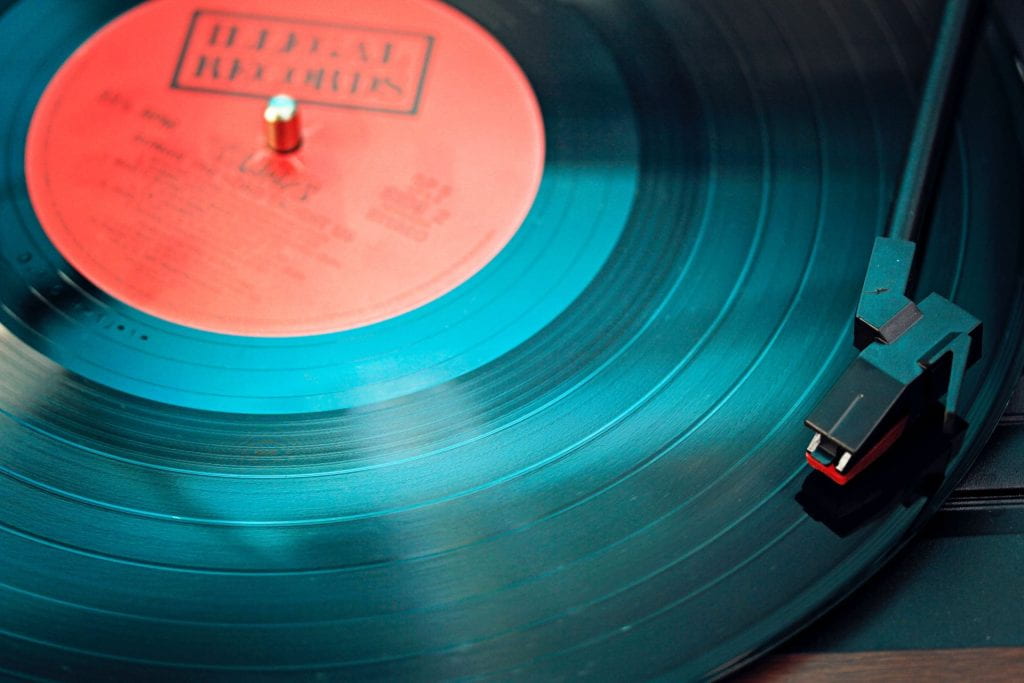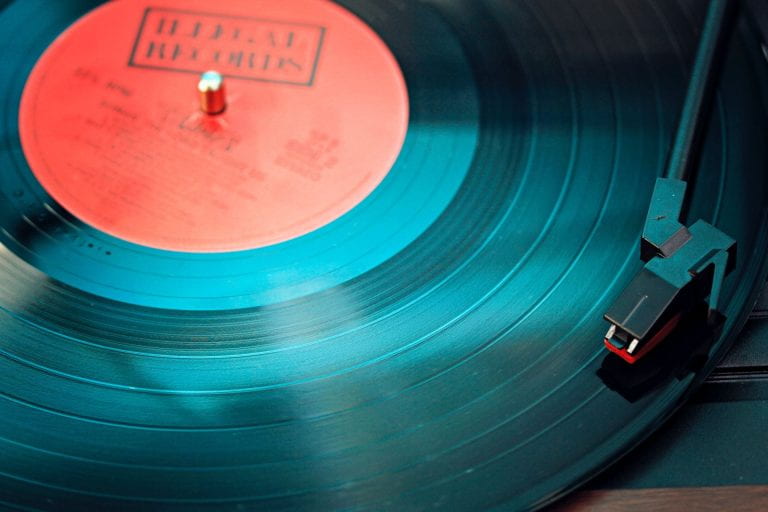
Music, broadly defined, is vocal, instrumental, or mechanical sounds having rhythm or harmony. While it means different things to different people, one thing is certain: life is much better with a soundtrack. Medical evidence points to music having an impact across the lifespan, from birth to old age. The members of the SMHS student group Musicians in Medicine feel this perhaps more deeply than others: as medical students and musicians, they have incorporated music into their past work, and plan to continue to weave music throughout their careers.
Musicians in Medicine co-president Spencer Bennett finds singing to be a “great creative outlet through a stressful journey through school.” He has also found that music can help mitigate the lack of sleep endemic to students in the program. As a singer, his preferred genres are R&B and pop.
Co-president Rachel Furman, a classical violinist who is learning to play pop music on the piano, is focusing on hematology/oncology in her studies. She has observed that every patient she works with listens to music, and adds, “I try to find out what kind of music they like, as a way to connect with them.”
Naiya Osiyemi, Musicians in Medicine vice-president, plays piano and guitar and sings. Her preferred genres are R&B, rock, and classical. In her high school days, Naiya played music in hospitals. She mentions that she may pursue music therapy once she is further along in her career. She is particularly interested in the link between music and the treatment of specific conditions, such as traumatic brain injury.
The social media chair for the group, Sarah Nanziri, is a singer who likes R&B and pop and likes to spread positive messages through music. She listens to music while studying, and loves its healing and grounding properties. In her former work as a medical assistant in a pediatric office, she would sing kids’ favorite songs to reduce their anxiety when receiving shots.
Members of Musicians in Medicine occasionally incorporate music into mnemonics (to remember Lynch syndrome, think about Ross Lynch), but most often, they see music as a way to ease their stress and anxiety, and they consider ways to incorporate music into their professional lives, because music can be linked to virtually any specialty. As Spencer notes, “Music is not considered to be a part of medicine. But in Brain & Behavior, the importance of therapy & support networks is emphasized. Music is great for these purposes, and it is very patient centered.” Music helps people focus, but also offers a welcome escape from reality.
Himmelfarb's Healthy Living Committee hopes to host Musicians in Medicine for a lunchtime concert after the winter break. Stay tuned!
In the meantime, take a study break with one of these medically indicated tracks!
References
Music Definition. Merriam-Webster. Retrieved 12/5/2023, from https://www.merriam-webster.com/dictionary/music


